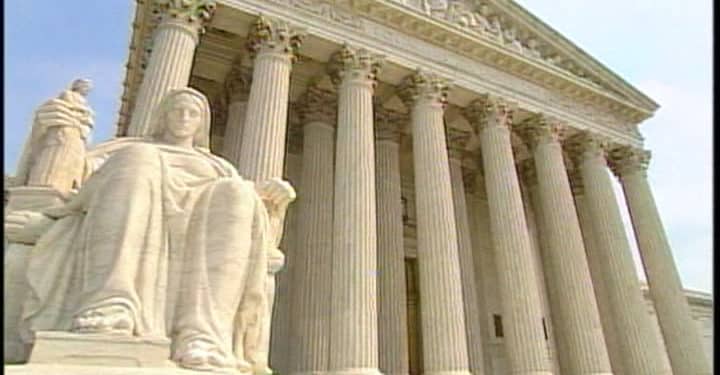Washington, D.C. January 21, 2015. Today the U.S. Supreme Court ruled that former Air Marshall Robert MacLean was not “specifically prohibited by law” from disclosing information to the press about TSA’s plan to cutback on the number of air marshals during a terrorist alert. Such a disclosure was against agency regulations.
The Whistleblower Protection Act prohibits individuals in positions of authority from taking a “personnel action” against a government employee when the employee makes a disclosure, which the employee reasonable believes to evidence a “substantial and specific danger to public health and safety, if such disclosure is not specifically prohibited by law.”
The issue the Supreme Court decided was whether when a federal statute bars whistleblower from making disclosures that are “specifically prohibited by law,” does this bar also apply to disclosures prohibited by agency regulations?
In the 7-2 Decision in Department of Homeland Security v. MacLean, the court stated that the agency had “legitimate” concerns that a leak such as MacLean’s would “endanger public safety.” However, the Court ruled the agency regulations did not have sufficient legal force to bar him from receiving protections under the Whistleblower Protection Act and that the agency’s “concerns must be addressed by Congress or the president rather than by this court.”
The U.S. Court of Appeals for the Federal Circuit, whose decision was upheld, had sent the case back to the Merit Systems Protection Board (MSPB) to determine whether the Whistleblower Protection Act applies to MacLean’s specific case. Now MacLean will continue his legal battle at the MSPB.
Links:
Previous posts on the MacLean case


